If it wasn’t already clear, winter has well and truly come for the gaming and esports industry—and not even the biggest of the bunch have survived unscathed. Riot Games is the latest in a long line of companies in the gaming space forced into layoffs and restructuring.
On Jan. 22, Riot announced major changes across the company, with over 500 staff—11 percent of its workforce—terminated across the globe. Entire studios like Bandle Tale’s Riot Forge were shuttered while projects like the digital card game Legends of Runeterra have been scaled back extensively. It’s a poignant moment in Riot’s history as it looks within to strengthen its core offerings.
What does this mean for the future of Riot Games, and how did it come to this?
Not even Riot could fight the cold


The state of the gaming industry is telling when a company of Riot’s size has succumbed to its pressure. Despite 2023 being earmarked as one of the greatest years in gaming, Riot joins a huge list of publishers and development studios forced into layoffs toward the end of the year and entering 2024.
In short, sparked by the COVID-19 pandemic, the gaming industry boomed as companies and investors looked to cash in on lockdowns and people stuck at home with little to do. Consider 2023 and 2024 the great adjustment: The industry has been brought back to earth as revenue streams throughout the past 24 months have dried up. Combine that with a minor economic crisis brewing and a global rise in inflation, and the bubble was bound to burst.
For a while, it seemed Riot had avoided the troubles—too big to blow, as many have said. With League of Legends and VALORANT as popular as ever and the second season of Arcane announced, as well as a myriad of other projects in the pipeline, Riot’s five-year plan to expand into unknown territory had to be scaled back.
Which Riot titles have been shut down?


None of Riot’s live games will be entirely closed. Legends of Runeterra, however, has had the majority of its team released or folded into Riot’s other offerings. The digital CCG will remain available for players while Riot adjusts how it approaches economic sustainability with the game.
Riot Forge, the publishing studio behind Bandle Tale, The Mageseeker, and Convergence (among others), has been closed entirely. These games remain available to purchase, but February’s release of Bandle Tale will be the last title published by the studio.
Ex-Riot employees speak out after being laid off
Many former employees shared their exit from Riot not long after they met with managers after the restructuring announcement went live. Riot Forge and its associated staff weren’t the only ones hit, with employees across many facets of the company finding themselves out of a job.
From esports development and player management to music production, character artists, and senior game designers, the restructure has left many with more questions than answers. Layoffs weren’t focused entirely around newer staff either, with Riot veterans like loremaster Graham McNeill and game producer Robert “King Cobra” Rosa among the list of employees leaving the company.
Of particular note is the number of artists let go from Riot, many of whom were working on several projects based around League, such as visual and gameplay updates.
Where is Riot Games going from here?
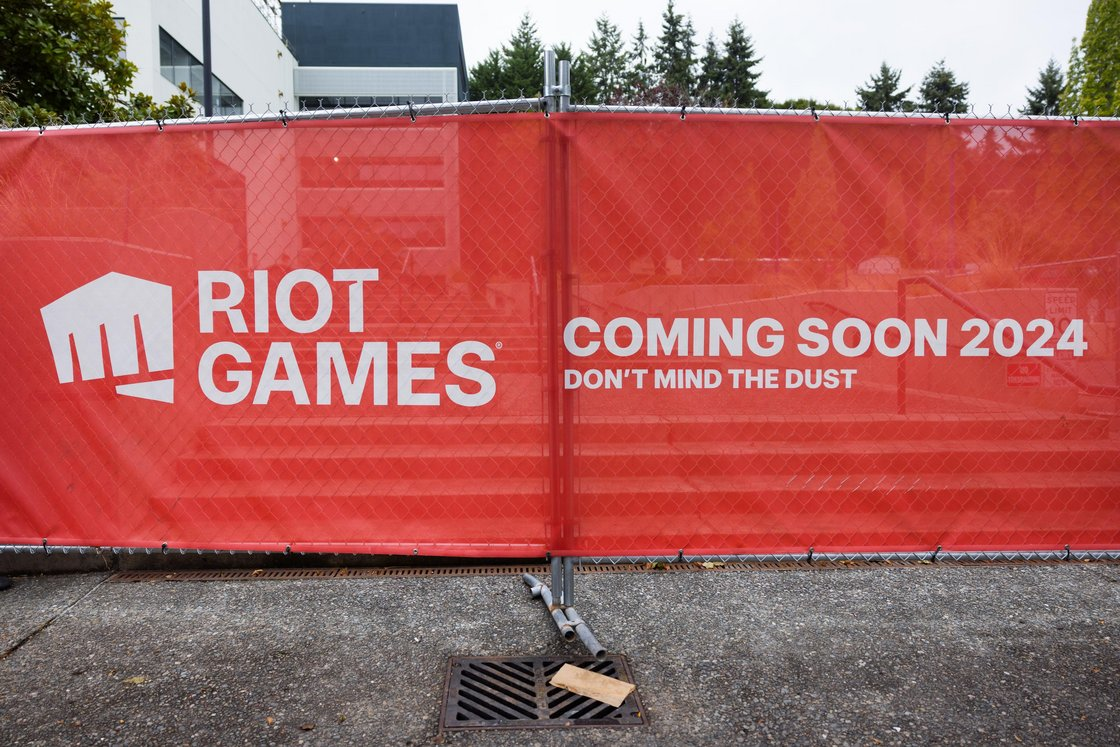

On the gaming front, Riot’s solution is to narrow its short-term focus to its core live games, which include League, VALORANT, Teamfight Tactics, and Wild Rift. These four games hold the collective majority of Riot’s fanbase. “We’re prioritizing these teams so they can focus on the content, features, and updates that directly respond to what you’ve been asking for,” Riot heads Marc Merrill and Dylan Jadeja said in the restructuring announcement.
The pair have also confirmed titles such as Project L, Riot’s fighting game, and Arcane are still on track to hit previous roadmap goals in 2024. So, too, will the upcoming Runeterra MMORPG and League-based ARPG, but it is understood these projects won’t receive the same amount of resources as the “core four.”
Given the size of Riot’s offerings, you can be sure Riot won’t be going anywhere in a hurry. But research and development of its many projects, some of which had only just begun receiving the company’s full attention, are assuredly on the back burner as Riot navigates the state of the industry today.


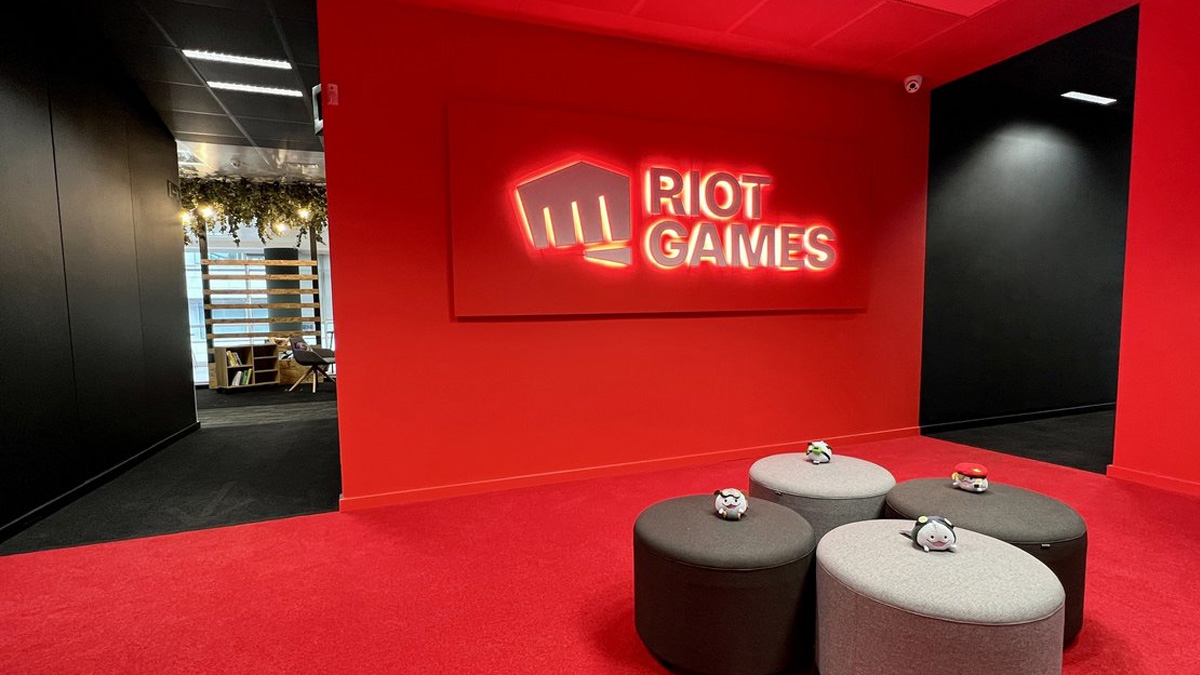
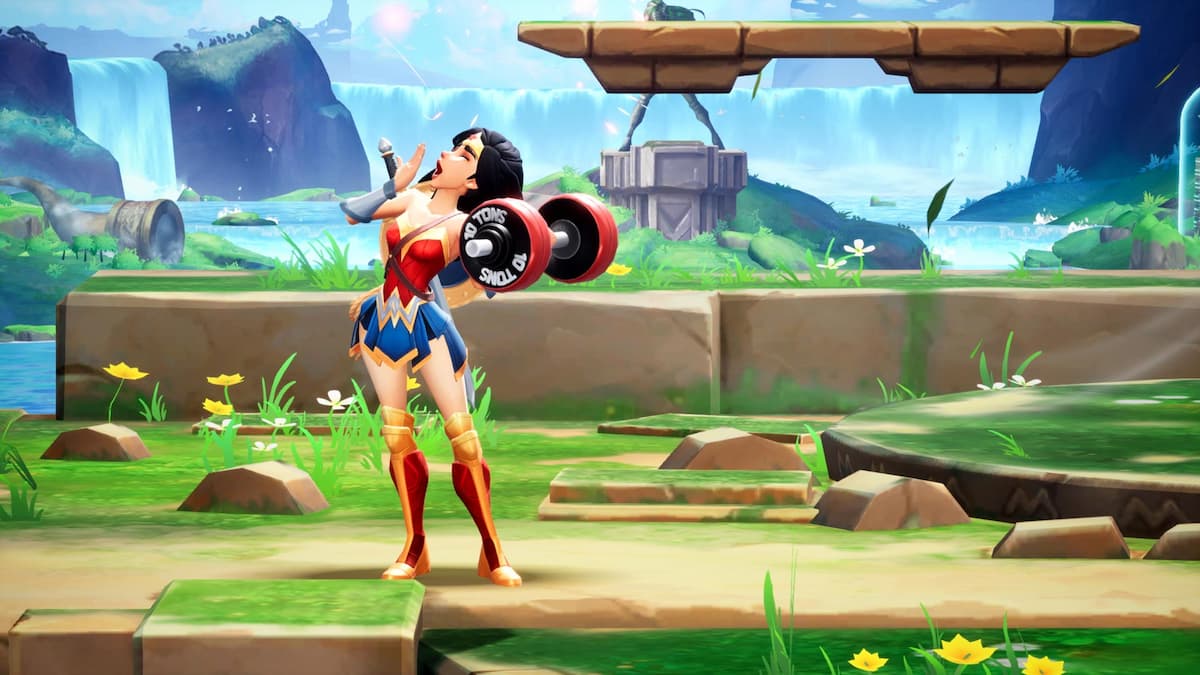




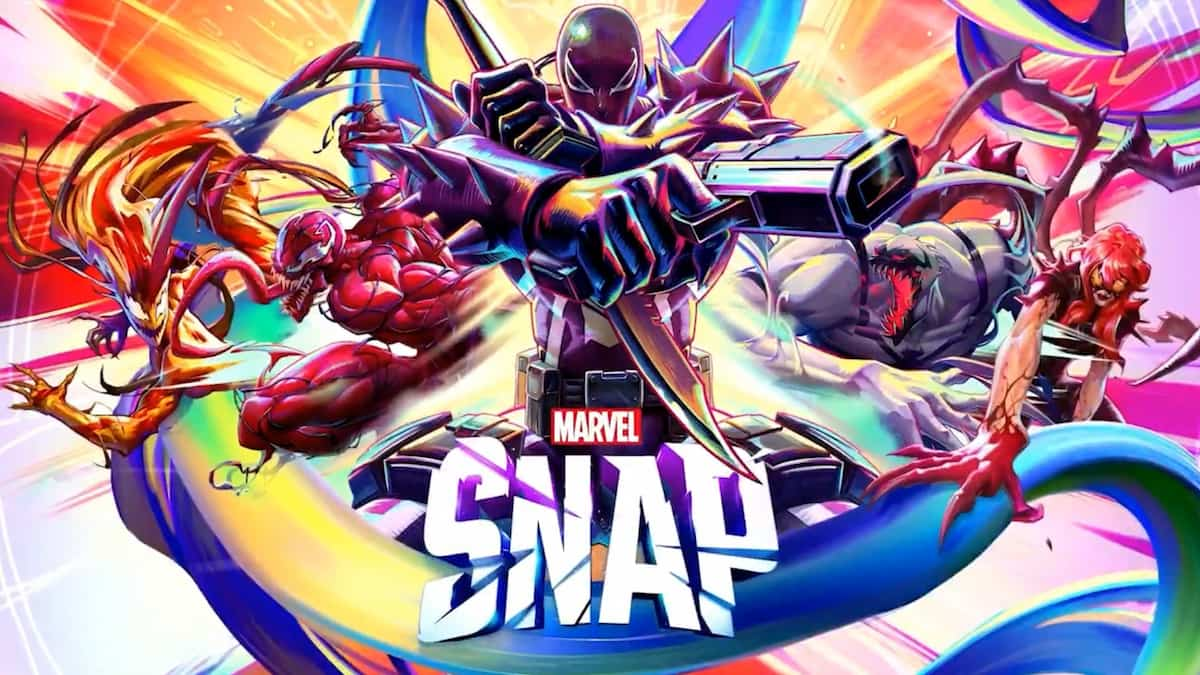

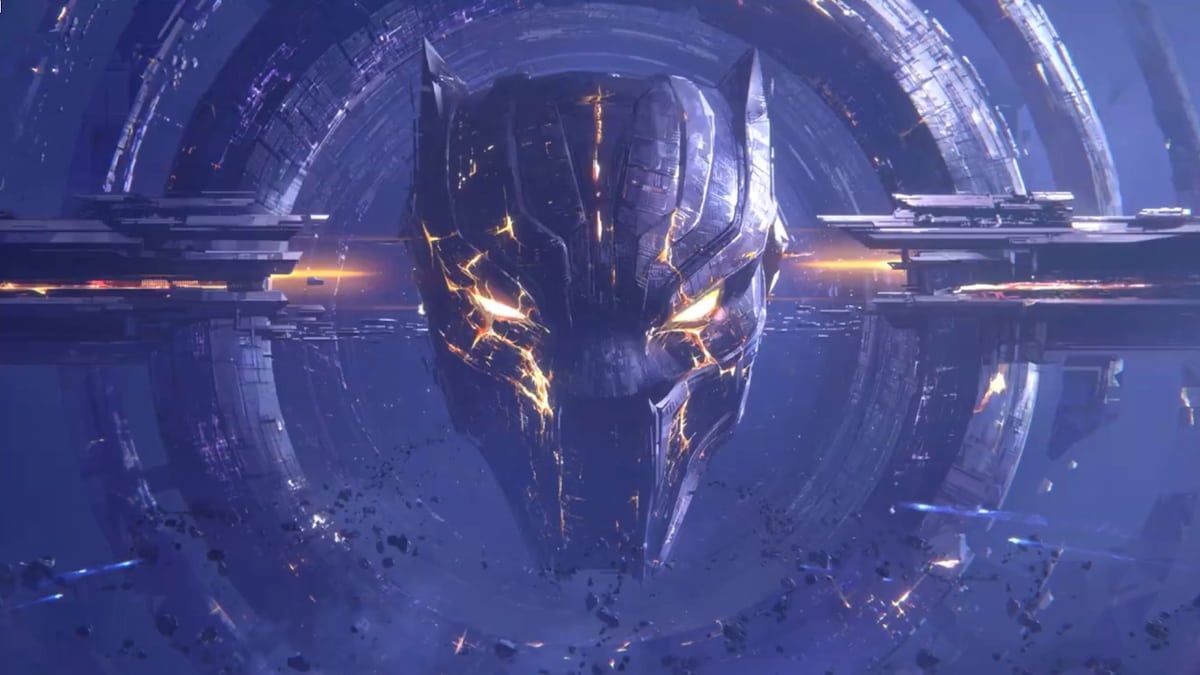

Published: Jan 24, 2024 03:31 am